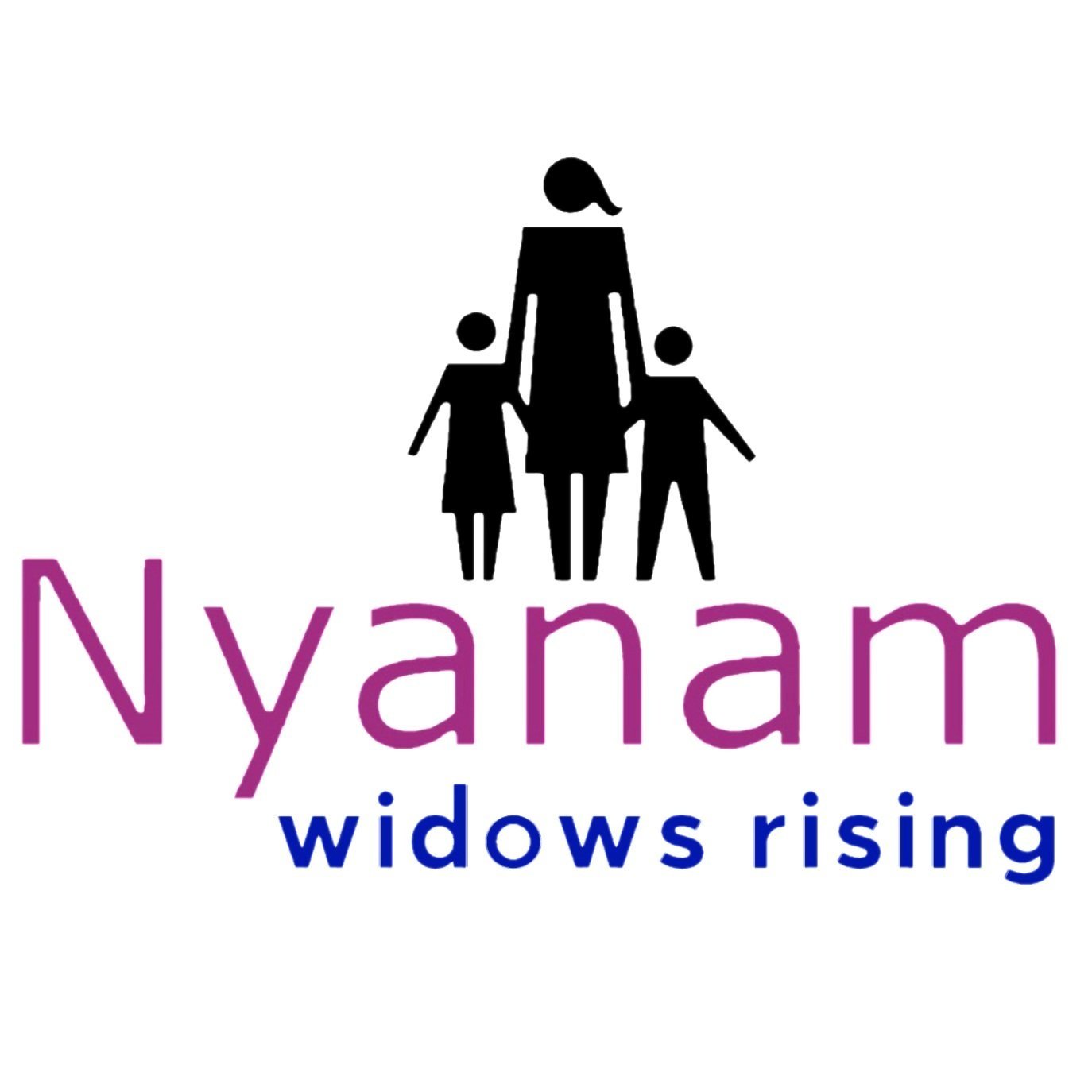End gender-based violence against widows
By: Evelyn Odhiambo
This year, 16 days of activism to end violence against women is themed: UNiTE!. The theme is a call to different stakeholders to join hands and advocate for the eradication of gendered violence against women, girls, young people and widowed women.
“His death is my fault. I am accused of murder and killing my own husband. Although, if a woman dies, her death is natural and not a cause for alarm.” A Nyanam widow
This is the disturbing social context of widowhood rites and women’s human rights in Kenya. More than 5 women or girls are killed every hour by someone in their own family. According to the United Nations Office of Drugs and Crime UNODC 2021 report on femicide, 47,000 women and girls worldwide were killed by their intimate partners or other family members in 2020. This means that, on average, a woman or girl is killed by someone in her own family every 11 minutes.
Jotham Oyugi, Nyanam Livelihoods Coordinator
The COVID-19 pandemic exacerbated the rate of sexual and gender-based violence (SGBV) in our communities. However, gender-related killings, abuses and violations against women and girls are historical and social. In different African communities, fear-based beliefs sustain dehumanising practices against widows with negative consequences on the women’s well-being. Accusing widows of killing their husbands.
“I got married at 16 years old. I lived with my husband for 2 years then he passed away. His death was the beginning of abuse and violence by my parents-in-law. They physically abused me by beating me as a child.” – A Nyanam widow
In Kenya, practices such as sexual cleansing, wife inheritance, and land disinheritance expose widows to sexual abuse and domestic violence by close relatives. In sexual cleansing, widows are forced to engage in sexual intercourse without a condom with a “cleanser,” often a non-relative of the deceased husband. The practice is believed to purify the widow and remove the impurity she is believed to have acquired from the death of her husband. In many instances, the cleanser also becomes the inheritor. Even though the practice is slowly fading among the relatives, it’s widely been commercialized. Professional inheritors concurrently inherit widows from different communities for money and other forms of payment. This practice is becoming more frequent as the demand for willing inheritors grows to fulfil traditional values.
Eunice Otieno , Nyanam Spiritual and Mental Health Counsellor
These violations continue to happen to widows despite the promulgation of the Kenya 2010 constitution which outlawed discrimination, the enactment of legislation on the protection against domestic violence act and the matrimonial property act. Critical to note, the limited resourcing and inadequate implementation of these laws, policies and guidelines provides a leeway for gender violence to thrive in our communities.
Through these 16 days activism to end GBV, we call out gender-based practices that violate widow’s human rights and security. These violence’s have devastating effects on widows’ health, well-being. Community leaders and men should be at the forefront of advocating against customary prejudices and other practices that are based on the idea of women being inferior. The government ought to encourage change in harmful practices in widowhood just like it’s doing with FGM. This will ensure widow’s social well-being, sexual, physical and psychological health is protected and improved.
The balance of democratic values and promotion of women rights should not be a 16-day affair. Throughout the years, we must be intentional in CALLING OUT and SPEAKING UP against gender violence.
Ms. Evelyn Odhiambo is the Communications Associate at Nyanam


